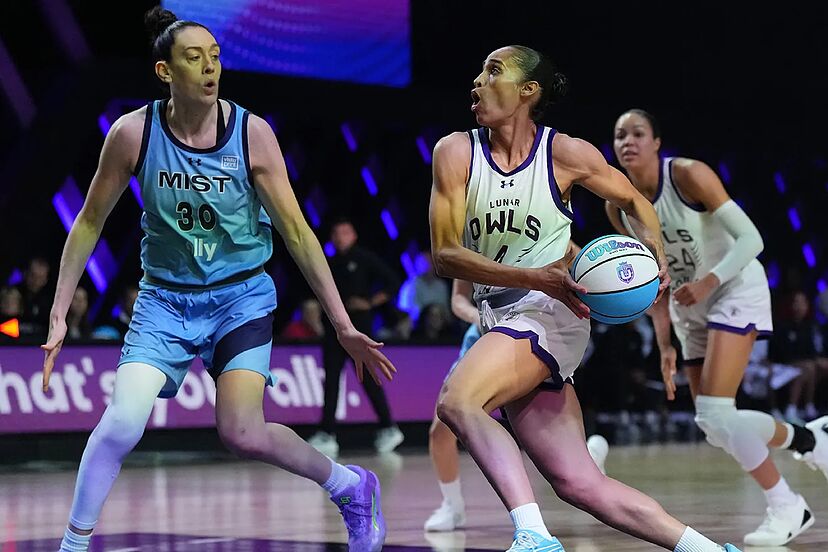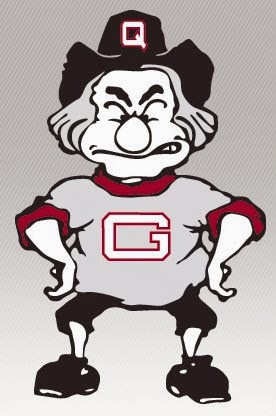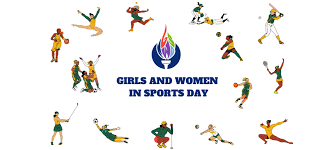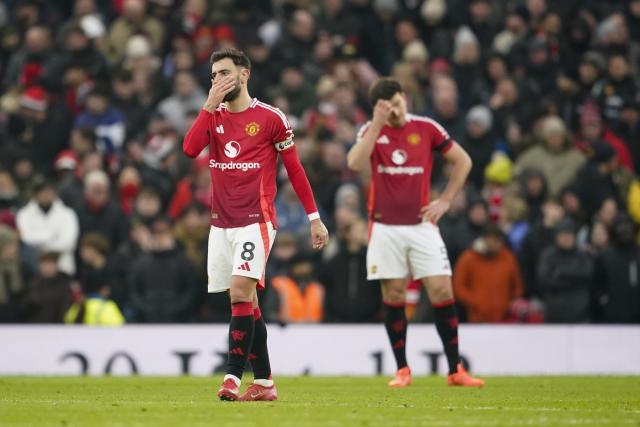Unrivaled women’s basketball made its debut (and history) on Friday, Jan. 17, near Miami, Fla., and it couldn’t have come at a better time. In the first game, the Lunar Owls took down the Mist through a fourth-quarter comeback. Skylar-Diggins Smith, an athlete in the Women’s National Basketball Association (WNBA), sealed the win for the Lunar Owls with two 3-point shots.
The WNBA has just completed one of its most historic seasons, reaching record viewership. Part of the reason why Unrivaled — which is a women’s professional basketball league that plays in a 3-on-3 format — began was to maintain fans’ support in the offseason, helping to prevent people from forgetting about players while the WNBA is on pause.
New York Liberty and Minnesota Lynx forwards Breanna Stewart and Napheesa Collier, respectively, founded the league and structured it to favor the women who would be competitors in this new division. The facility features multiple game courts, state-of-the-art recovery teams and daycare facilities for the players’ children.
There are six teams in the league — the Lunar Owls, the Phantom, the Mist, the Roses, the Laces and the Vinyls — with six players per team. Players compete on a 72-feet court, rather than the regulation 94-feet court of the WNBA. Sizing down the teams and the courts spurs anticipation for the audience and were a few components that Collier and Stewart found necessary.
Another necessary component was investors, and from the start, many big names chose to invest. Coco Gauff, a tennis star, and Alex Morgan, a former Olympic soccer player, were among the most notable.
“Basketball is one of my favorite sports, and the chance to support a league that’s redefining the game is exciting. I look forward to being part of this movement and continuing to help elevate women’s sports to new heights,” said Coco Gauff in an article released by Unrivaled Basketball.
Unrivaled has also done something unprecedented in that each player is an investor and holds equity in the league, meaning they’re as committed to its success as Stewart and Collier. Not only is the success of Unrivaled reaching heights that even Alex Bazzell, Unrivaled president, did not expect, but it is also a testament to the attention women’s sports have been receiving in recent years.
“Women’s sports are becoming more normalized and more appreciated, which I think is very inspiring,” said Penda Ndiaye, a sophomore here at Guilford College.
The support of many has also influenced the growth of organizations dedicated to displaying female athletes. Women’s volleyball for example has grown in the last five years to the point of having two professional leagues in the United States, League One Volleyball (LOVB) and the Pro Volleyball Federation (PVF).
Part of the reason for this spike is the growing skill level of athletes, enhancing the competitiveness in the games, and the increased media coverage players receive through the accessibility of social media.
“Media coverage of women’s sports has improved with more airtime, better storytelling and increased viewership on major networks and social media,” said Hailey Johnston, a sophomore at Guilford.
Providing athletes with the outlet to display their abilities in a way that keeps the audience engaged is key to the viewership we witness today. Humanizing athletes through social media also allows viewers to connect with the players on their screens and ultimately keep up with these athletes through the offseason, which is physically seen through the creation of Unrivaled.
Women’s sports continue to thrive in environments that continue to accept and support them. The tides are changing and swaying in favor of women. It’s time to invest.







